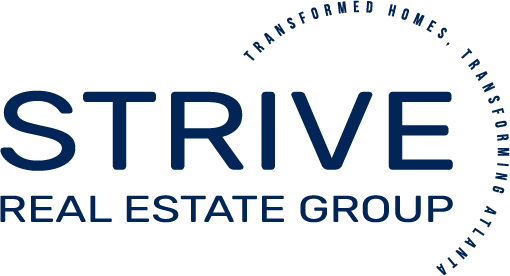While some individuals may prefer renting over owning a home due to the perceived lack of control over costs, it's important to note that there are opportunities for homeowners to lower their mortgage payments. In addition to the principal balance and interest, mortgage payments encompass taxes, homeowners insurance, and often private mortgage insurance (PMI) or mortgage insurance premium (MIP). Given the various components that influence the overall payment, there are several strategies to consider in order to reduce the burden of your mortgage.
One option is to explore the Homestead Exemption, a property tax exemption available to those who use their home as their primary residence. Applying for this exemption online through your county's website can lead to significant savings of approximately 20-30% on your property tax bill.
Another approach is refinancing your mortgage, either with the existing lender or a different one, to take advantage of lower interest rates. It's advisable to monitor mortgage interest rates and consider refinancing if the new rate is at least 1% lower than your current rate, potentially leading to substantial monthly savings.
Homeowners can also seek out competitive rates for homeowners insurance. It's important to remember that you have the freedom to choose an insurance provider beyond the initial selection made prior to closing. By shopping around for insurance policies, you can find cost-effective options while ensuring that the coverage meets your lender's minimum requirements.
Private Mortgage Insurance (PMI) and Mortgage Insurance Premium (MIP) are additional costs that homeowners with conventional or FHA loans may encounter, respectively. For conventional loans, once you have achieved 20% equity in your home through a combination of principal repayment and property value appreciation, you can contact your lender to explore the process of removing PMI. Alternatively, working with a knowledgeable agent can help you explore innovative loan products that eliminate the need for PMI from the start. In the case of FHA loans, MIP remains for the duration of the loan. However, you can refer back to the refinancing option mentioned earlier and switch to a conventional loan once you have achieved 20% equity to eliminate the MIP requirement.
In conclusion, while rent payments are susceptible to increase over time, homeownership presents opportunities to reduce mortgage payments through strategies such as taking advantage of tax exemptions, refinancing, shopping for homeowners insurance, and addressing PMI or MIP requirements. By exploring these avenues, homeowners can potentially lower their monthly financial obligations and improve their overall financial well-being.

